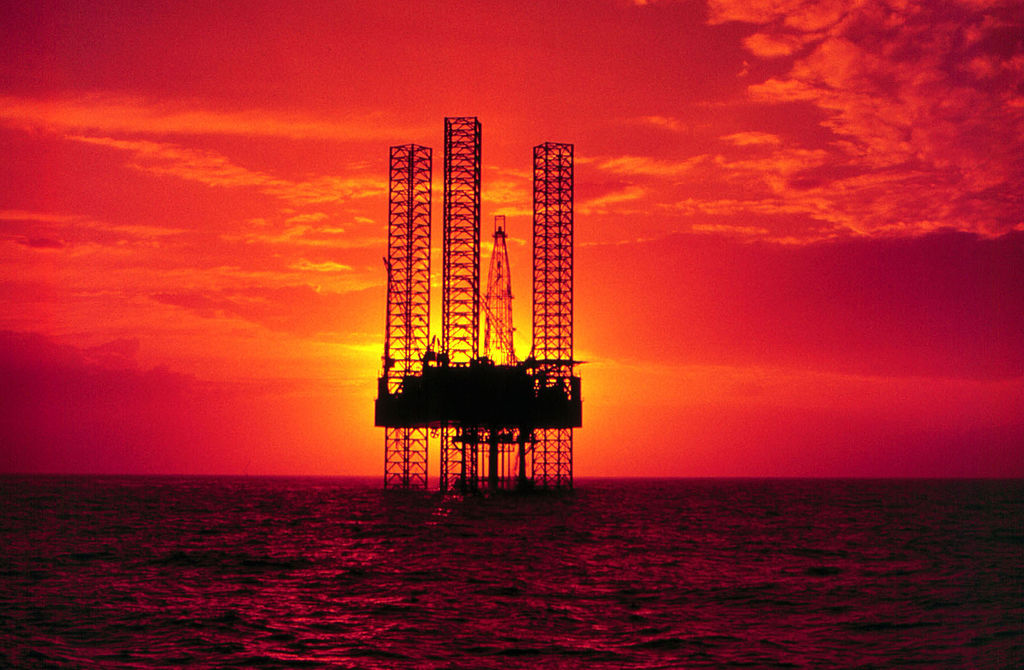
Gulf of Mexico Drilling Ban Would Kill 200,000 Jobs, Study Finds
A study released Tuesday by the National Ocean Industries Association (NOIA) found that banning offs..
A study released Tuesday by the National Ocean Industries Association (NOIA) found that banning offshore drilling for oil and gas in the Gulf of Mexico would mean the loss of hundreds of thousands of jobs and billions in tax revenue.
Compiled for the NOIA by specialist consulting firm Energy & Industrial Advisory Partners (EIAP), the study—The Economic Impacts of the Gulf of Mexico Oil and Natural Gas Industry (PDF)—outlines the importance of oil and gas exploration, development and production for the economy of the Gulf states and beyond. The report indicates that in 2019, drilling in the Gulf of Mexico produced 2.3 million barrels of oil equivalent (BOE) each day, with production forecast to rise to 2.5 million BOE by 2040.
According to the report, this economic activity supported 345,000 jobs and had a GDP impact of $28.6 billion in 2019—with $5.4 billion in government revenues. Indeed, some 54,000 of the jobs supported are based outside of the four Gulf states of Texas, Louisiana, Mississippi, and Alabama.
In 2019, the industry also provided $353 million in Gulf of Mexico Energy Security Act funding, which is used for conservation and restoration projects, hurricane defense systems, and coastal management programs along the Gulf Coast from Texas to Alabama. Offshore oil and gas also provided about $1 billion to the U.S. Land and Water Conservation Fund program.
The offshore oil and gas industry funds virtually the entire Land & Water Conservation Fund. ($1 billion disbursed in 2019!) The continued success of the Gulf of Mexico = the continued success of our parks and recreational areas. #gulfimpact2020 Read more: https://t.co/eyp84la3wV pic.twitter.com/YJP8tYUS65
— National Ocean Industries Association (@oceanindustries) May 26, 2020
However, opponents of offshore drilling—such as the Sierra Club and the Healthy Gulf network—insist that the ecology of the Gulf of Mexico is compromised by the oil and gas industry. In a March 2020 civil action (PDF) against the Department of the Interior and others, the groups stated that “Millions of people who live in the states along the Gulf Coast depend on this productive marine environment to support coastal fisheries, tourism, and recreation, the backbones of the Gulf States economies.”
Environmental groups point to the 2010 BP Deepwater Horizon disaster as an example of the risks involved in deep-sea drilling. The Deepwater blowout resulted in the deaths of 11 people and contaminated tens of thousands of square miles of the Gulf with over 100 million gallons of crude oil, according to the groups civil action.
Prominent Opposition to Offshore Drilling
The NOIA also points out that presidential candidate and former Vice-President Joe Biden said in a televised debate on March 15 that as president, he would redouble his efforts to combat climate change. Biden said that if he were elected, there would be “No more drilling, including offshore. No ability for the oil industry to continue to drill, period.”
On the Biden for President website, the former vice president has promised voters that if elected to the White House, he will introduce a “Biden Plan” for a “clean energy revolution and environmental justice.” The plan is designed to “Ensure the U.S. achieves a 100 percent clean energy economy and reaches net-zero emissions no later than 2050. On day one, Biden will sign a series of new executive orders with unprecedented reach that go well beyond the Obama-Biden Administration platform and put us on the right track.”
Biden has insisted that a move to renewable energy—and away from fossil fuels—will provide good-paying jobs while combating climate change.
Study Shows Effect of Drilling Ban
The NOIA study illustrates the economic impact of curtailing offshore drilling in the Gulf by analyzing two proposed scenarios. The first scenario is one where no new leases are issued, while the second assumes that no new drilling permits are issued after 2022.
The no-new-leases scenario would see production, the number of jobs, and government revenue more than halved by 2040.
However, the more severe no-new-drilling-permits Read More – Source

